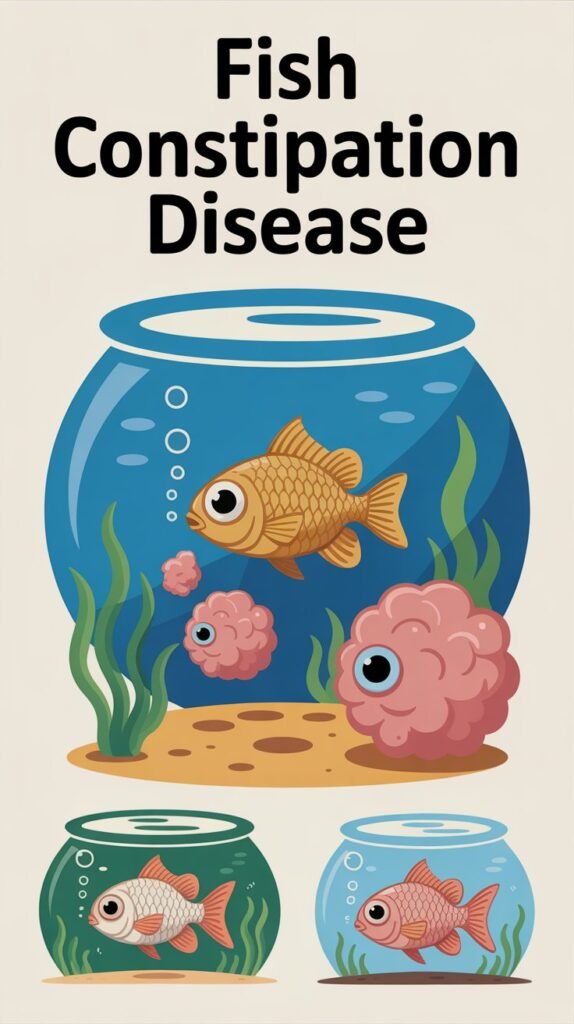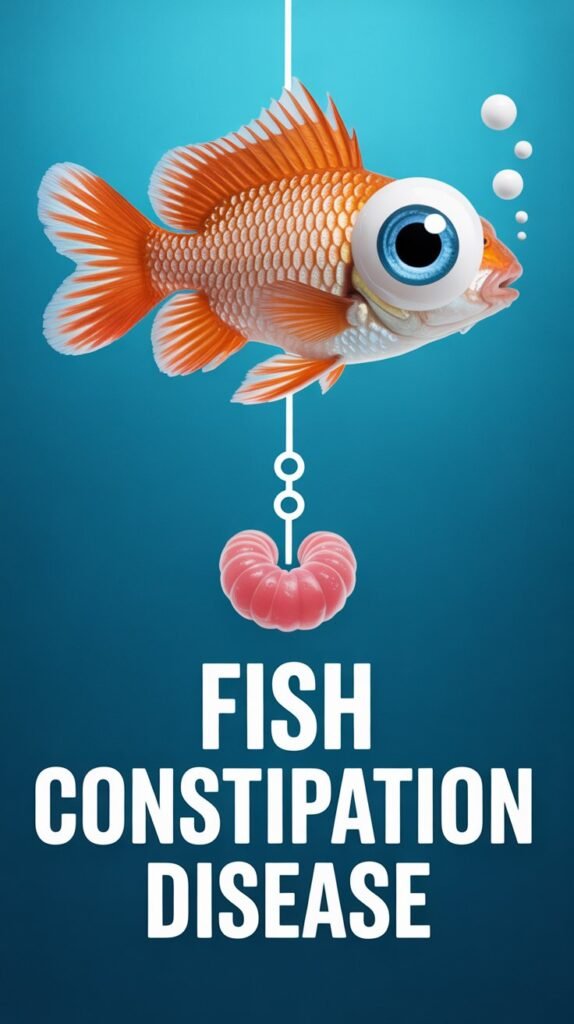Constipation disease is one of the most common digestive system problems affecting people worldwide. While occasional constipation is usually harmless and temporary, chronic constipation can significantly impact quality of life and may signal underlying health issues. It is characterized by infrequent bowel movements, difficulty passing stools, or a sensation of incomplete evacuation. Constipation is not a disease in itself but rather a condition that can result from lifestyle habits, dietary issues, or medical disorders. Understanding the causes, symptoms, treatment options, and preventive strategies for constipation disease is essential for maintaining good digestive health
What is Constipation Disease?
Constipation disease refers to a condition where bowel movements are infrequent or difficult to pass. Normally, a healthy digestive system allows stool to pass through the intestines regularly and comfortably. However, in constipation, stool moves too slowly through the colon or becomes hard and dry, making it painful or difficult to expel. Medical experts typically define constipation as having fewer than three bowel movements per week, though the frequency can vary among individuals. Chronic constipation, lasting for several weeks or longer, is a more serious form that requires medical evaluation and treatment
How Common is Constipation Disease?

Constipation is a global issue, affecting people of all ages. Studies suggest that around 15–20% of the world’s population experiences chronic constipation at some point. It is particularly common in elderly individuals, pregnant women, and people with sedentary lifestyles. Women tend to experience constipation more frequently than men, possibly due to hormonal differences and pregnancy-related changes. Despite being common, many people ignore constipation or rely heavily on over-the-counter laxatives without addressing the underlying causes, which can lead to long-term health consequences
Causes of Constipation Disease
Constipation disease can result from a wide range of causes, including diet, lifestyle, medications, and medical conditions
1. Dietary Factors
- Low fiber intake
- Insufficient water consumption
- Excessive intake of processed foods and refined sugars
2. Lifestyle Factors
- Lack of physical activity or exercise
- Ignoring the urge to pass stools
- Stress and anxiety disrupting digestion
3. Medications
- Painkillers, especially opioids
- Antidepressants
- Antacids containing calcium or aluminum
- Iron supplements
4. Medical Conditions
- Irritable bowel syndrome (IBS)
- Hypothyroidism
- Diabetes
- Neurological disorders like Parkinson’s disease and multiple sclerosis
- Colon cancer or intestinal obstruction
Symptoms of Constipation Disease
The symptoms of constipation may vary in severity but generally include:
- Infrequent bowel movements (fewer than three per week)
- Hard, dry, or lumpy stools
- Straining during bowel movements
- Painful defecation
- A feeling of incomplete evacuation
- Abdominal bloating and discomfort
- Reduced appetite due to fullness
- Occasional bleeding from hemorrhoids caused by straining
Chronic constipation can lead to complications such as hemorrhoids, anal fissures, fecal impaction, and rectal prolapse if left untreated
Risk Factors for Constipation Disease
Certain groups of people are more prone to constipation disease due to biological, lifestyle, or medical factors
- Age: Elderly people are at higher risk because of slower metabolism and decreased intestinal activity
- Gender: Women, especially during pregnancy and after childbirth, are more likely to experience constipation
- Sedentary lifestyle: Lack of physical movement slows down bowel activity
- Diet: Diets lacking fiber-rich foods such as fruits, vegetables, and whole grains
- Medications: Long-term use of certain drugs like opioids and iron supplements
- Chronic illnesses: Conditions such as hypothyroidism and diabetes increase constipation risk
Diagnosis of Constipation Disease

Doctors use a combination of physical exams, patient history, and diagnostic tests to confirm constipation disease and rule out serious conditions
1. Medical History
- Frequency and consistency of stools
- Dietary habits
- Medications being used
- Presence of other symptoms such as weight loss or blood in stool
2. Physical Examination
- Abdominal examination to check for bloating or tenderness
- Rectal examination to detect blockages or impacted stool
3. Diagnostic Tests
- Blood tests to check for thyroid or metabolic disorders
- Colonoscopy to rule out colon cancer or structural abnormalities
- X-rays or CT scans to detect intestinal obstructions
- Anorectal manometry to test the function of rectal muscles
Treatment of Constipation Disease
Treatment for constipation depends on the underlying cause, severity, and duration of symptoms. Most cases can be managed through lifestyle changes, but medical treatment may be necessary for chronic constipation
1. Lifestyle and Dietary Changes
- Increase fiber intake: Foods like whole grains, beans, vegetables, and fruits improve stool bulk
- Stay hydrated: Drinking at least 8–10 glasses of water daily softens stools
- Exercise regularly: Physical activity stimulates intestinal function
- Maintain a bowel routine: Responding promptly to the urge to pass stool prevents hardening of feces
2. Medications
- Laxatives: Bulk-forming, osmotic, stimulant, and stool softeners
- Lubricants: Such as mineral oil to ease stool passage
- Prescription drugs: For chronic constipation, doctors may prescribe prokinetics or intestinal secretagogues
3. Medical Procedures
- Manual removal of impacted stool in severe cases
- Biofeedback therapy to retrain pelvic floor muscles
- Surgery in rare cases where structural problems like rectal prolapse or tumors are the cause
Complications of Constipation Disease
Ignoring chronic constipation can result in complications including:
- Hemorrhoids from excessive straining
- Anal fissures due to hard stool passage
- Rectal prolapse where part of the rectum protrudes from the anus
- Fecal impaction leading to severe blockage
- Reduced quality of life due to chronic discomfort and pain
Constipation in Children
Children often experience constipation due to poor dietary habits, reluctance to use the toilet, or stress. Symptoms in children include fewer bowel movements, abdominal pain, irritability, and stool withholding. Parents should encourage high-fiber foods, adequate hydration, and regular toilet routines to prevent constipation in children. Severe cases may require pediatric consultation and gentle laxatives
Constipation in Pregnant Women

Constipation is very common during pregnancy due to hormonal changes that relax the intestinal muscles, slowing bowel movement. Additionally, iron supplements often prescribed during pregnancy contribute to constipation. Pregnant women should increase fiber and fluid intake, remain physically active, and consult their doctor for safe laxative options if needed
Constipation in the Elderly
Elderly individuals are particularly vulnerable to constipation disease due to reduced metabolism, decreased physical activity, and side effects of medications. Age-related weakening of abdominal and rectal muscles also contributes to slow bowel movements. Preventive care with dietary improvements and gentle physical activity is essential in elderly populations
Prevention of Constipation Disease
Preventing constipation is easier than treating it, and simple lifestyle adjustments can make a big difference
- Eat a diet rich in fiber
- Stay hydrated throughout the day
- Exercise regularly to stimulate digestion
- Establish a consistent bathroom routine
- Avoid excessive consumption of processed foods
- Monitor and adjust medications that may cause constipation under doctor’s supervision
Conclusion
Constipation disease is a common yet often underestimated condition that can cause discomfort and serious complications if ignored. While occasional constipation is normal, chronic cases require careful attention to diet, lifestyle, and medical care. By recognizing the symptoms early, addressing underlying causes, and adopting preventive strategies, most cases of constipation can be managed effectively. Prioritizing gut health through fiber-rich foods, hydration, and regular exercise is the key to preventing constipation disease and ensuring overall well-being
FAQs on Constipation Disease
Q1: How many days without a bowel movement is considered constipation?
If you have fewer than three bowel movements per week, it is generally considered constipation
Q2: What foods can help relieve constipation naturally?
High-fiber foods such as oats, beans, whole grains, fruits like pears and apples, and vegetables like broccoli are excellent for relieving constipation
Q3: Can dehydration cause constipation?
Yes, dehydration is one of the leading causes of constipation because water is essential for softening stool and aiding its passage
Q4: Is chronic constipation dangerous?
Chronic constipation can lead to complications such as hemorrhoids, anal fissures, fecal impaction, and rectal prolapse if left untreated
Q5: When should I see a doctor for constipation?
You should seek medical help if constipation persists for more than three weeks, is accompanied by severe pain, blood in stools, or unexplained weight loss

